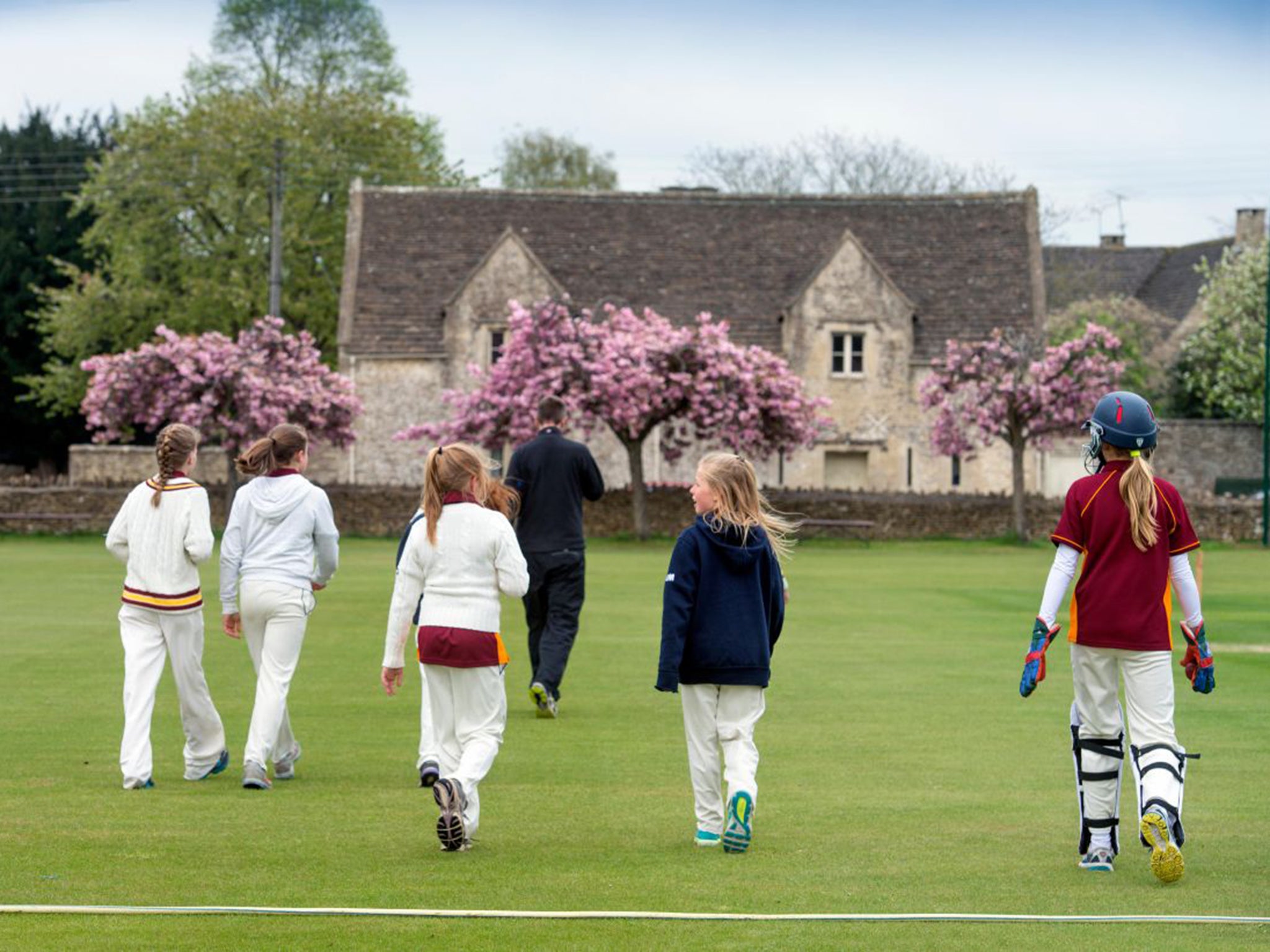At my private school, PE meant skiing and work experience meant Magic Circle law firms - how is that fair?
Even though we make up only 7 per cent of the population, the influence of that 7 per cent stretches from Westminster (half of the current cabinet) to our judiciary (74 per cent of top judges) and beyond


Your support helps us to tell the story
From reproductive rights to climate change to Big Tech, The Independent is on the ground when the story is developing. Whether it's investigating the financials of Elon Musk's pro-Trump PAC or producing our latest documentary, 'The A Word', which shines a light on the American women fighting for reproductive rights, we know how important it is to parse out the facts from the messaging.
At such a critical moment in US history, we need reporters on the ground. Your donation allows us to keep sending journalists to speak to both sides of the story.
The Independent is trusted by Americans across the entire political spectrum. And unlike many other quality news outlets, we choose not to lock Americans out of our reporting and analysis with paywalls. We believe quality journalism should be available to everyone, paid for by those who can afford it.
Your support makes all the difference.Every year, my old school has a reunion. Black tie, it begins with a rousing chorus of our old school song, sung entirely in Latin.
Some of the alumni wear medals for military service, others are decorated in the school’s ‘colours’, metal ‘Prefect’ badges on their lapels. Tables are filled with lawyers, politicians, surgeons, diplomats, business owners, authors, journalists, academics and actors.
Take that as a sample and it may come as no surprise that research from educational charity The Sutton Trust released this week revealed that the privately-educated elite dominate the leading professions in the UK. For even though we’re not representative of the population as a whole – just 7 per cent of us attend fee-paying schools – the influence of that 7 per cent stretches from Westminster (half of the current cabinet) to our judiciary (74 per cent of top judges).
It treads the wards of our hospitals (61 per cent of the country’s top doctors) and military services, where almost three quarters (71 per cent) of the highest ranking officers went to independent schools; and fills the clattering keyboards of our newsrooms, where more than half (51 per cent) of print journalists on leading newspapers are privately educated.
I’ve been back to my old school to give ‘careers advice’ on journalism, with kids quizzing me on how to start a blog, get work experience, where to study. When I’ve done the same at local comprehensives I’m often asked how they can afford to go to university in the first place.
According to The Sutton Trust, the key to improving social mobility at the top is “to open all independent schools to all pupils based on merit, not money – as well as highly able students in state schools”. Sir Peter Lampl advocates the Open Access scheme, which pays for the education of those who pass entrance exams, but whose parents cannot afford the fees.
But bank-rolling handfuls of pupils at schools which have the money to plough into resources, field trips and smaller class sizes doesn’t smack of a victory for social justice, and subjecting children to potential jibes in the private school playground won’t shatter the stained glass ceiling of privilege. It’s a plug, a stop-gap, a Willy Wonka ideal, affecting an immeasurably small handful of Charlies, while vast numbers continue to miss out on an educational golden ticket.
Alan Bennett said it best in 2014 when he argued that educating according to the social situation of parents, rather than the ability of the child, is simply “not fair” – and that those who provide it, those who pay for it and those who receive it are complicit. To say that nothing in life is fair, Bennett added, is “not an answer”.
He’s right, and I’m speaking as Veruca Salt. I didn’t choose the school I attended – my parents did that for me. Yet I certainly benefited from its advantages: the sports tours to South Africa and volunteering trips to Madagascar, the dry slope skiing at PE, the on-site heated pool and cricket pitch.
At schools like mine, almost all pupils go on to higher education, with an average of 16 going to Oxford and Cambridge each and every year. We were given mock interviews, careers advice and work experience – not just in local supermarkets, but in Magic Circle law firms and private hospitals.
I left 15 years ago, but am regularly invited to ‘networking events’ including ‘business breakfasts’ and Oxbridge dinners. I get quarterly newsletters with details of marriages, obituaries, book publications and calls for “work placements and mentoring”.
The school has its own LinkedIn group, hosts hockey and netball matches pitting graduates against current students and holds an annual ‘lower sixth interview day’, ‘careers evening’ and ‘5th form option evening’ for those on the cusp of choosing their degrees.
Yet despite an apparent willingness to expand their social intake, and the small proportion of academic, music and means-tested scholarships available, schools like mine can’t – and won’t – take everyone. And what a great injustice that some of Britain’s brightest and best brains may flounder, not because they’re missing out on good education – the Good Schools Guide said this month that UK state schools have improved so much that some private schools may go out of business – but because of a lack of social advantage, with knock-on effects on jobs, pay and social mobility.
Surely the real answer is to recognise the anonymous stars of our education system: the teachers who work tirelessly in disadvantaged areas to give those children an equal start in life; the 1.4 million more pupils being taught in schools rated as “good” or “outstanding” by Ofsted than in 2010.
Shift the focus away from the prestige of private schooling and we’d have even more to celebrate. Work on ending the facilitation of social segregation, which comes with a £15,000 price tag, and plough whatever we’ve got left into schools in areas which need it most.
For if we continue to nurture a culture of disparity, which starts before our kids even learn their ABCs, then we’re the ones who will eventually miss out.
Join our commenting forum
Join thought-provoking conversations, follow other Independent readers and see their replies
Comments